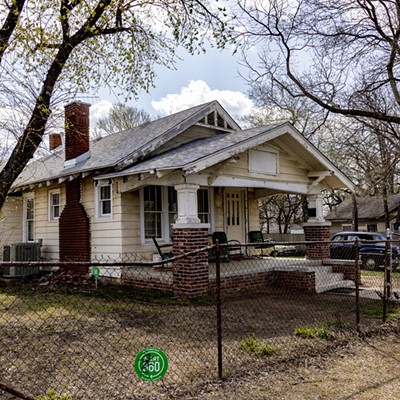In a way, Todd Haynes'
adaptation of "Mildred Pierce" for HBO is as subversive as the
"Superstar" of 1988 — the difference being the manner of millions and a
legal release.
A more-faithful remake of the 1945 Oscar winner, "Mildred Pierce"
adheres tightly to the time, place and dialogue of James M. Cain's 1941
novel, which Haynes and co-writer Jon Raymond stretch to nearly five and
a half hours and a purposeful, Sunday-stroll pace. In doing so, they
effectively turn what is considered a hard-boiled crime novel into a
family melodrama. Elements of crime don't arise until the fourth of five
episodes, and then, they're only spoken about. You'll have to wait
until the climax to witness anything felonious.
Good thing Haynes is already well-versed in period detail, having
tackled the '70s glam-rock revolution in "Velvet Goldmine" and '50s
American suburbia in "Far from Heaven." The latter is linked indelibly
with this Depression-era work here (all short ties and floral dresses),
as both revolve around one unhappy housewife whose true self runs
counter to society's stodgy definition.
Owning every scene, Kate Winslet ("Contagion") stars as Mildred, wife of
an unfaithful husband (Brían F. O'Byrne, "Season of the Witch") and mother of two girls, the eldest of whom is the mega-snotty bitch
Vida (played by 12-year-old Morgan Turner as a girl and "True Blood"'s Evan Rachel Wood as an adult).
Professional happiness looks possible for Mildred when her dream of
owning her own restaurant may become reality; personal happiness also
looks possible when she meets laid-back playboy Monty Beragon (Guy
Pearce, "Don't Be Afraid of the Dark") grins his way into her life. Watching these things bloom and blow up
were dramatically involving, at least for the first four hours.
The final two and a half represent a drop in storytelling quality, and
it's when Wood first appears. Then, the crux noticeably shifts from one
thing to another, as Vida vies her screen time, and the series becomes
as much her story as Mildred's. The actors are terrific throughout; this
home stretch is less interesting from being more melodramatic (as
opposed to simply tragic). One wishes Haynes had taken the advice of one
of the work's youngest characters: "Aw, cut the mush." —Rod
Lott











